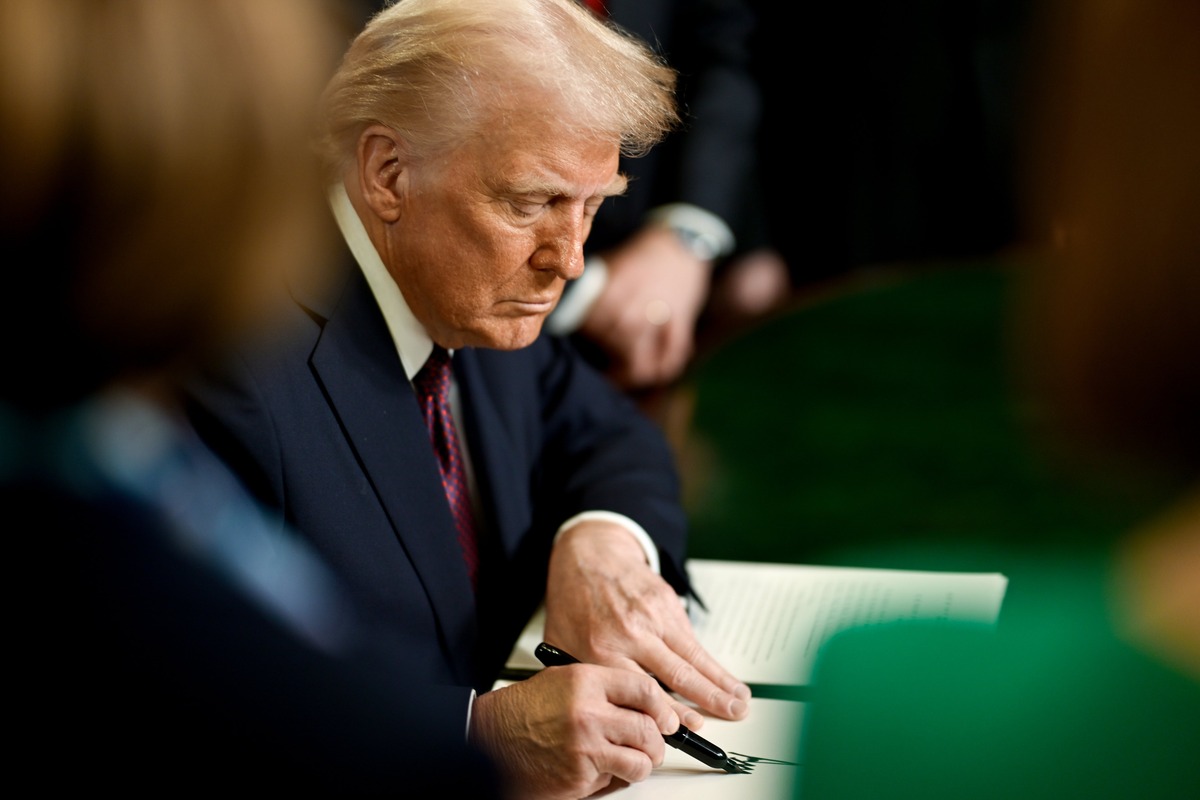Donald Trump’s policy has always been characterized by tough economic nationalism, and now he is again talking about tariffs against the European Union. The U.S. President believes that the EU is “behaving horribly” towards America by not buying enough American goods. Will this conflict escalate into a full-blown trade war?
Why does Trump want to impose new tariffs?
According to Trump, European countries significantly restrict the import of American goods, including automobiles and agricultural products. The U.S. President finds this unfair and argues for the need to impose corresponding tariffs.
“Am I going to impose tariffs on the European Union? Absolutely. They’re not taking our cars, they’re not taking our agricultural products, essentially, they’re not taking almost anything,” Trump stated.
Consequences for the U.S. market and economy
Trump acknowledges that such steps could cause temporary “hiccups” in the market, but he is convinced that in the long term, tariffs will help America reduce the trade balance deficit.
“Tariffs will make us very rich and very strong,” the President said.
Trump also plans to create an Office of External Revenue to collect revenues from new tariffs. This could shift the balance of power in global trade and significantly impact the global economy.
Europe prepares for a response
The European Union has no intention of leaving this step without a response. Back in the fall, Brussels prepared a list of American goods that could be subject to tariffs in response to potential sanctions from the U.S.
This includes American industrial goods, agricultural products, and technological goods. The EU has repeatedly emphasized that it is ready to defend its economic interests.
Trade conflict with the EU, China, and Canada
The EU is not the only one who has caught Trump’s attention. He also plans to introduce new tariffs on China and Canada, further exacerbating the global economic situation.
Trump’s decision could have far-reaching consequences, especially if Europe responds with countermeasures. In that case, a trade war between the US and the EU could significantly impact global markets.
Will the conflict escalate into a full-fledged trade war?
Trump’s tariff threats could lead to a worsening of trade relations between the US and the EU. So far, both sides are not inclined to compromise, jeopardizing the stability of the international economy.
Will Europe and the US be able to find common ground? Should we expect a new phase of economic confrontation? Answers to these questions will be known in the near future.


